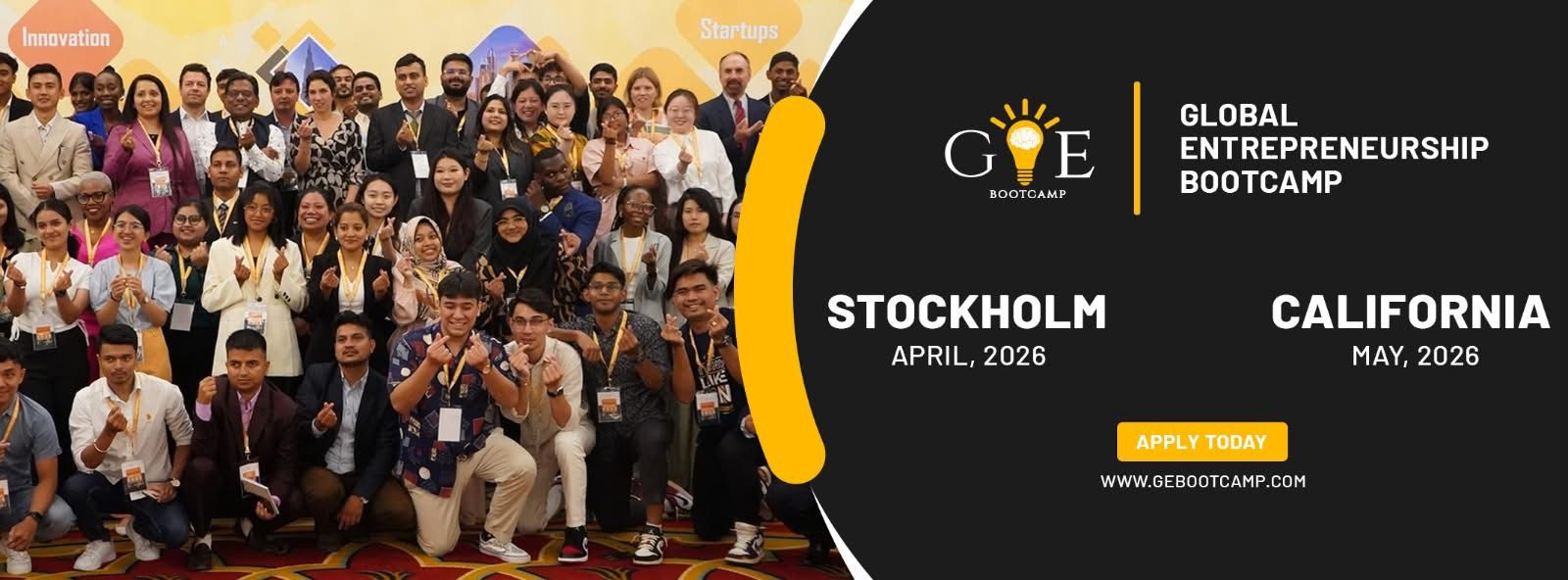Python (TensorFlow and Keras) is the primary language of the course and while we do not expect you to have full proficiency in it, we expect you to have a programming background. This is an industry course not an academic course and we focus on skills based/commercial products.
The course explores the following themes:
- Principles and foundations for artificial intelligence and edge computing
- Python coding (TensorFlow and Keras)
- Core deep learning algorithms (MLP, CNN, LSTMs)
- Reinforcement learning
- Unsupervised learning, generative adversarial networks (GANs) and autoencoders
- End-to-end agile problem-solving methodology including continuous improvement and delivery for AI models in production
- Robotics (Dobot)
- Cloud based AI implementations – Azure , Google and Amazon
- Autonomous vehicles applications
- Time series
- Programming sprints
- Industry use cases and examples: retail, oil and gas, autonomous vehicles, affective computing (emotional AI)
- Natural language processing
- Industrial IoT (anomaly detection and failure prediction)
- Industry 4.0
- Devops (in relation to AI application deployment)
- Architecture for AI applications in production
Term One
- Principles and foundations for artificial intelligence and edge computing
- Python, TensorFlow and Keras for data science
- Programming sprints
- Unsupervised learning including autoencoders and variational autoencoders
- Natural language rocessing
- Agile methodology for data science
- Retail case studies
- Edge computing with Intel
- AI – cloud and the edge (Azure)
- Industry use cases (Ocado)
- AI – cloud and edge (AWS)
Term Two
- Reinforcement learning
- Robotics sprints (cloud robotics i.e. integrating cloud APIs into the Dobot robotic arm)
- AI – cloud with Google
- Agile methodology for AI production systems (two sessions)
- End-to-end deep learning frameworks
- Affective computing (emotional AI)
- Autonomous vehicles
- Industrial IoT – Industrial IoT (anomaly detection and failure prediction)
Note: the programme details and tutors named on this course may be subject to minor changes.

